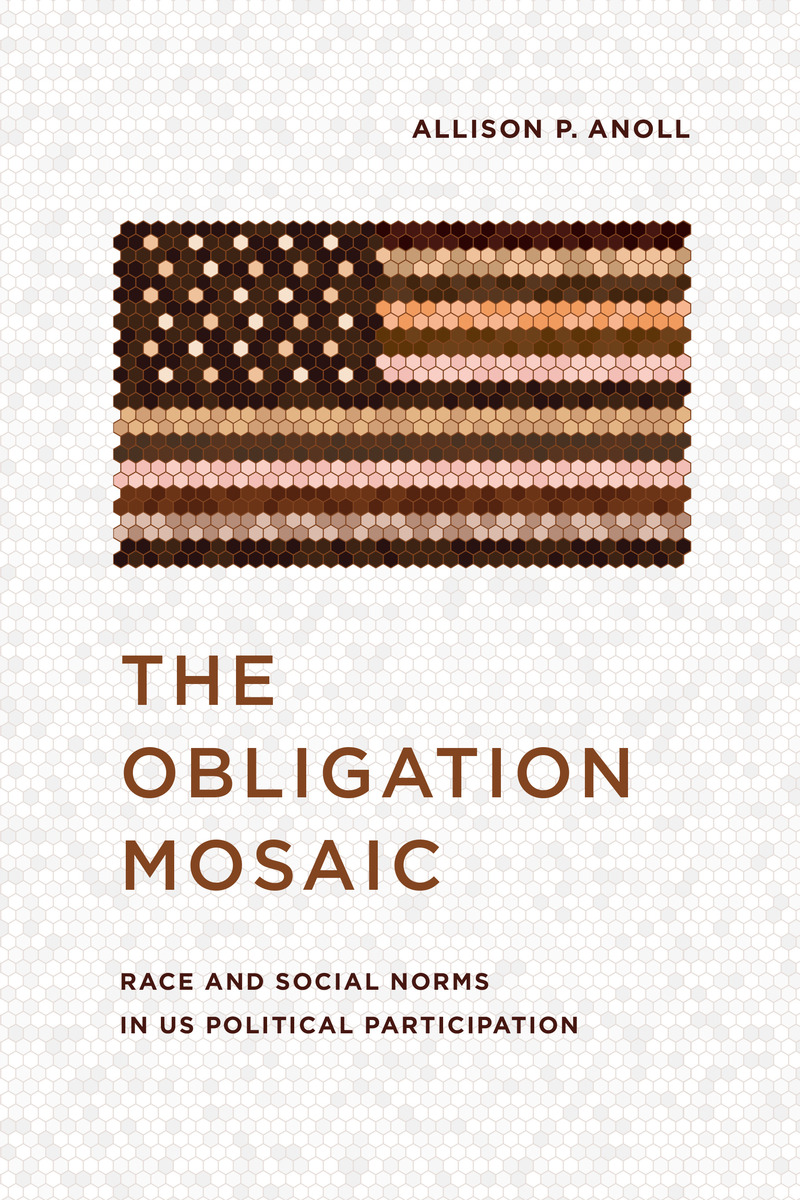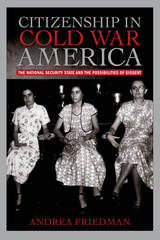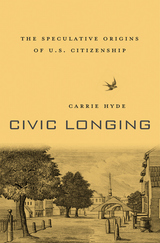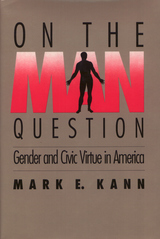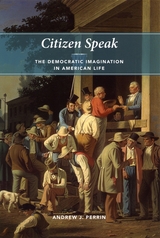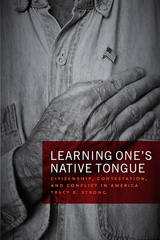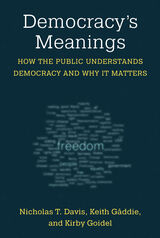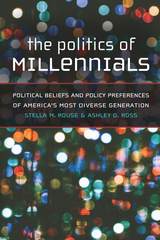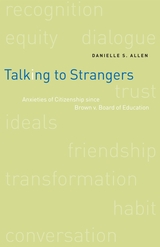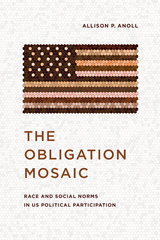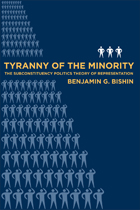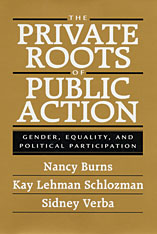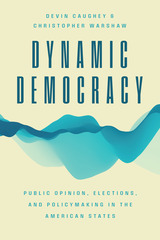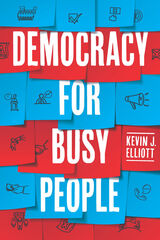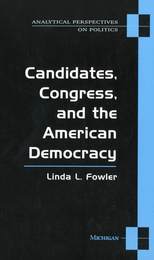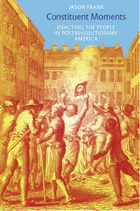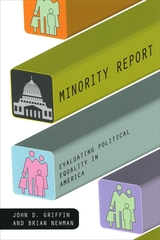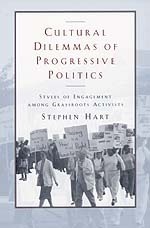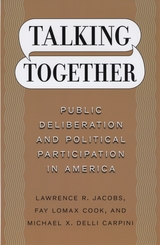The Obligation Mosaic: Race and Social Norms in US Political Participation
University of Chicago Press, 2022
Paper: 978-0-226-81257-1 | Cloth: 978-0-226-81226-7 | eISBN: 978-0-226-81243-4
Library of Congress Classification JK1764.A527 2022
Dewey Decimal Classification 323.04208900973
Paper: 978-0-226-81257-1 | Cloth: 978-0-226-81226-7 | eISBN: 978-0-226-81243-4
Library of Congress Classification JK1764.A527 2022
Dewey Decimal Classification 323.04208900973
ABOUT THIS BOOK | AUTHOR BIOGRAPHY | REVIEWS | TOC | REQUEST ACCESSIBLE FILE
ABOUT THIS BOOK
Many argue that “civic duty” explains why Americans engage in politics, but what does civic duty mean, and does it mean the same thing across communities? Why are people from marginalized social groups often more likely than their more privileged counterparts to participate in high-cost political activities?
In The Obligation Mosaic, Allison P. Anoll shows that the obligations that bring people into the political world—or encourage them to stay away—vary systematically by race in the United States, with broad consequences for representation. Drawing on a rich mix of interviews, surveys, and experiments with Asian, Black, Latino, and White Americans, the book uncovers two common norms that centrally define concepts of obligation: honoring ancestors and helping those in need. Whether these norms lead different groups to politics depends on distinct racial histories and continued patterns of segregation.
Anoll’s findings not only help to explain patterns of participation but also provide a window into opportunities for change, suggesting how activists and parties might better mobilize marginalized citizens.
In The Obligation Mosaic, Allison P. Anoll shows that the obligations that bring people into the political world—or encourage them to stay away—vary systematically by race in the United States, with broad consequences for representation. Drawing on a rich mix of interviews, surveys, and experiments with Asian, Black, Latino, and White Americans, the book uncovers two common norms that centrally define concepts of obligation: honoring ancestors and helping those in need. Whether these norms lead different groups to politics depends on distinct racial histories and continued patterns of segregation.
Anoll’s findings not only help to explain patterns of participation but also provide a window into opportunities for change, suggesting how activists and parties might better mobilize marginalized citizens.
See other books on: Campaigns & Elections | Civics & Citizenship | Minorities | Political participation | Social norms
See other titles from University of Chicago Press
